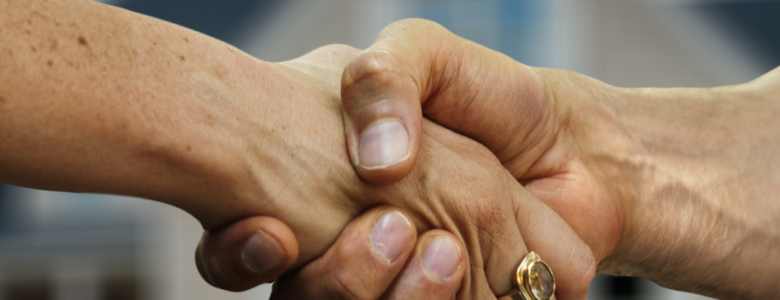When it comes to reverse mortgages, many seniors wonder about the flexibility and options available. One common question that often arises is whether a reverse mortgage can be transferred. In this short blog, we’ll explore this important topic and provide some insights into the possibilities.
Understanding Reverse Mortgages
Before we delve into the question of transferability, let’s quickly recap what a reverse mortgage is. A reverse mortgage is a financial tool aimed at assisting seniors aged 62 and older in accessing the equity they’ve built in their homes. Rather than making monthly payments, homeowners with reverse mortgages receive payments from the lender. Typically, the loan is repaid when the homeowner moves out or passes away.
Can a Reverse Mortgage be Transferred?
The short answer is yes, a reverse mortgage can be transferred, but the process is not as simple as transferring a traditional mortgage. There are a few different scenarios to consider:
- Transferring to a Spouse:
If the homeowner with a reverse mortgage passes away, the surviving spouse may be able to keep the loan in place. However, specific requirements include being named on the loan documents and meeting age and occupancy criteria.
- Selling the Home:
If the homeowner opts to sell the home, the reverse mortgage can be paid off using the sale proceeds. Any remaining equity belongs to the homeowner or their heirs.
- Moving to a New Home:
You can transfer a reverse mortgage to a new home, but the new home must meet certain criteria, and the loan terms may be adjusted accordingly.
- Non-Borrowing Spouse:
In some cases, the lender may permit a non-borrowing spouse to stay in the home even if the borrowing spouse passes away, although the loan terms could change.
- Heirs and the Inheritance:
When the homeowner with a reverse mortgage passes away, their heirs have options. They can choose to sell the home and use the proceeds to repay the loan, or they can refinance the loan into a traditional mortgage to keep the property.








